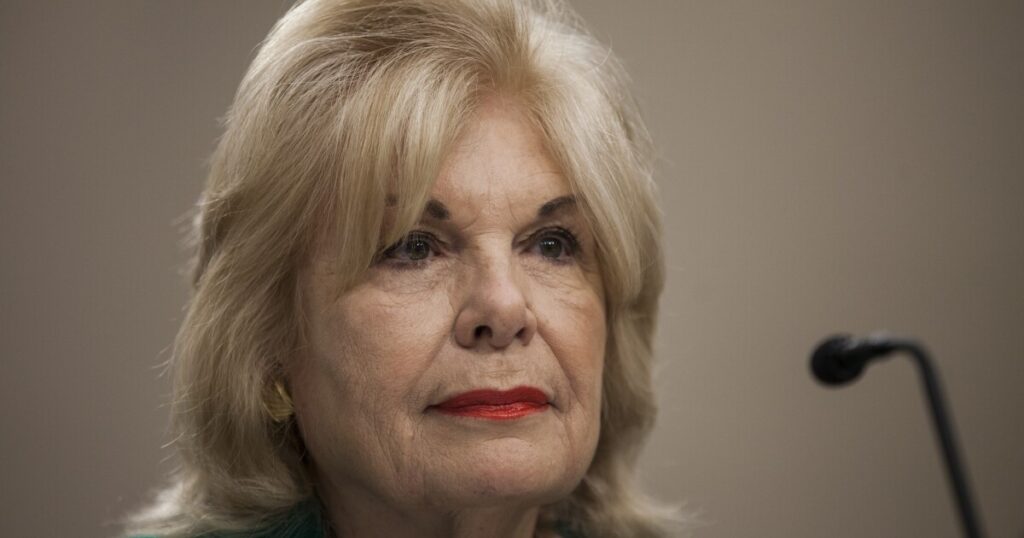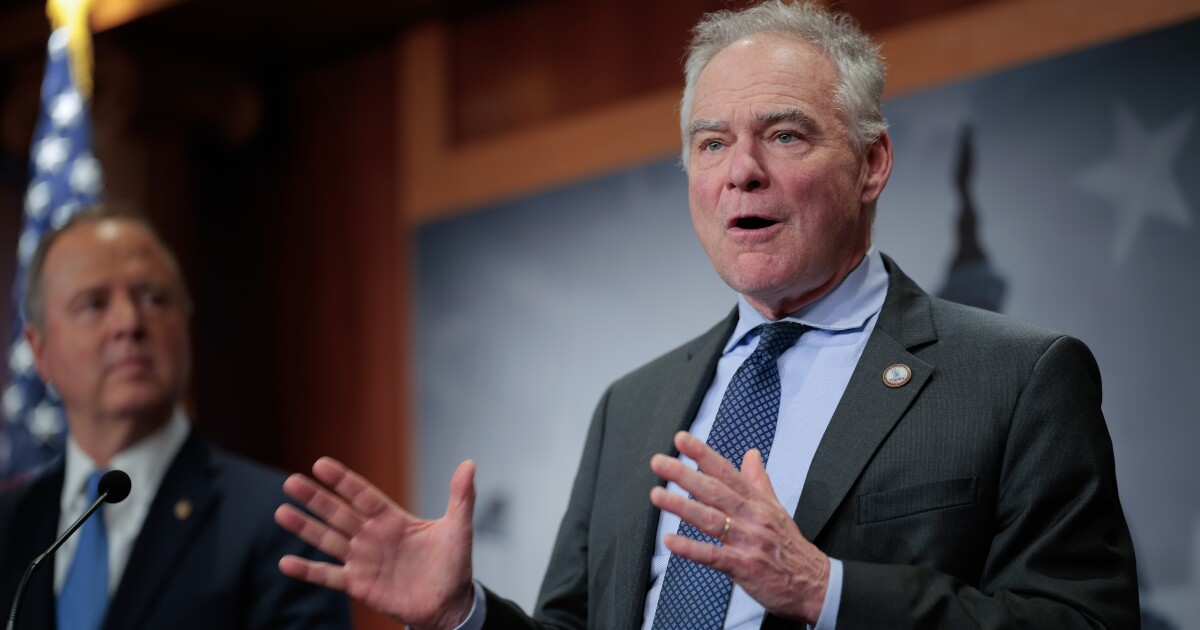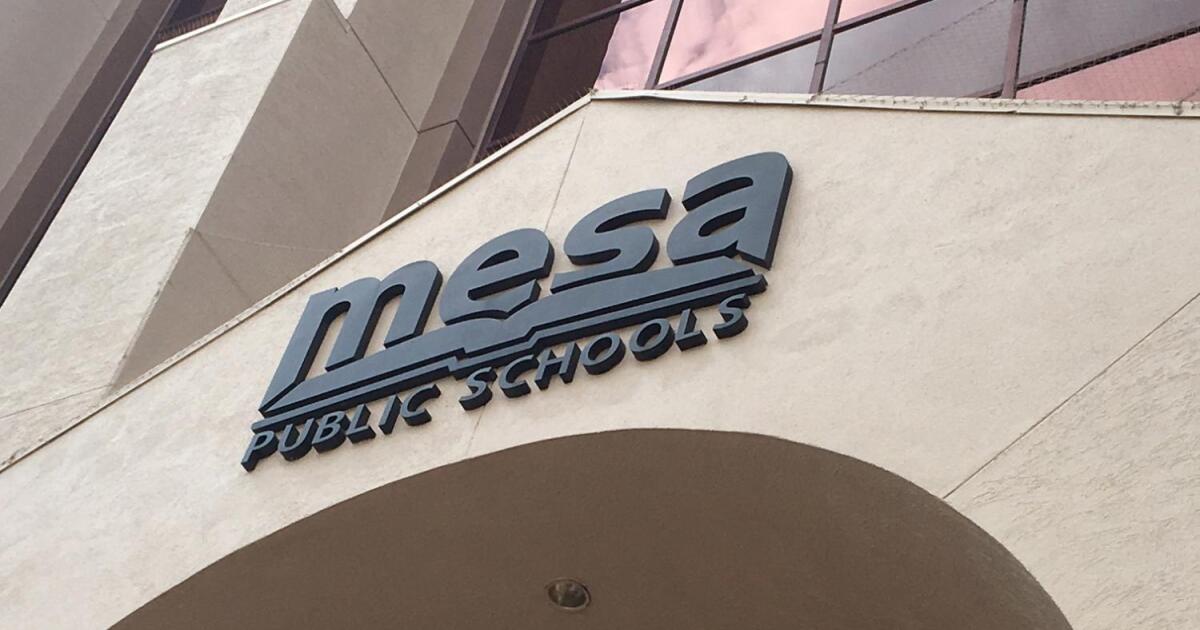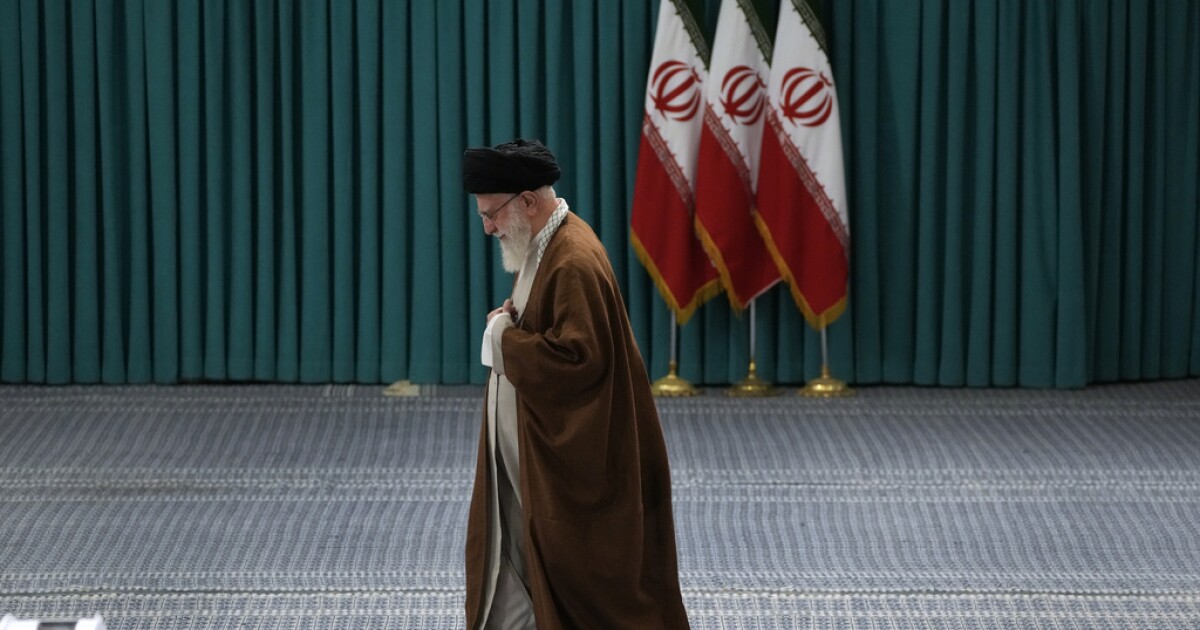Updated August 2, 2025 at 12:58 PM EDT
The federal funding landscape for public broadcasting is undergoing a significant transformation. The Corporation for Public Broadcasting (CPB), which has been a key financier of NPR and PBS, is scaling back its operations following President Trump’s signing of legislation that retracts $1.1 billion in funding through fiscal year 2027.
This decision came after the Senate Appropriations Committee opted not to reinstate any of the budget for the upcoming fiscal year, despite a $9 billion rescissions package proposed by the White House that included the cuts. Patricia Harrison, CPB President and CEO, expressed the organization’s commitment to a responsible transition: “Despite the extraordinary efforts of millions of Americans who called, wrote, and petitioned Congress to preserve federal funding for CPB, we now face the difficult reality of closing our operations.”
CPB, a private nonprofit, has served as a central hub for distributing federal funds to public media stations nationwide. The impending funding cessation marks the first time in nearly six decades that Congress has chosen not to support CPB. As a result, most employees will see their positions terminated by September 30, 2025, with a small contingent remaining until January to manage compliance and financial obligations.
The public media community is grappling with the news. Tim Bruno, general manager of Radio Catskill, voiced the sentiment of many: “I didn’t really see a day where this separate institution, which is set up to serve the public, would be shut down.”
In light of anticipated funding cuts, some stations initiated layoffs earlier this summer. For instance, WQED in Pittsburgh disclosed plans to reduce its workforce by 35%. Conversely, Nashville Public Media, Louisville Public Media, and KUOW in Seattle have reported increased donations in reaction to the funding reductions.
While accusations of political bias have been levied against public media, notably NPR, the organization, along with PBS, denies such claims. NPR, known for programs like Morning Edition and All Things Considered, receives a minor portion of its budget directly from federal funds. However, its member stations, particularly those in rural areas, significantly rely on CPB allocations. PBS, which offers programs such as PBS News Hour and Daniel Tiger’s Neighborhood, depends on federal funds for about 15% of its budget.
The cessation of CPB funding is anticipated to have widespread consequences. NPR President and CEO Katherine Maher stated, “The ripple effects of this closure will be felt across every public media organization and, more importantly, in every community across the country that relies on public broadcasting.” NPR has pledged $8 million to support local stations in need.
Despite the political debates, public support for federally funded broadcasting remains strong. A recent Harris Poll indicates that 66% of Americans favor federal funding for public broadcasting, with substantial backing from both Republicans and Democrats.
—
Read More Michigan News










